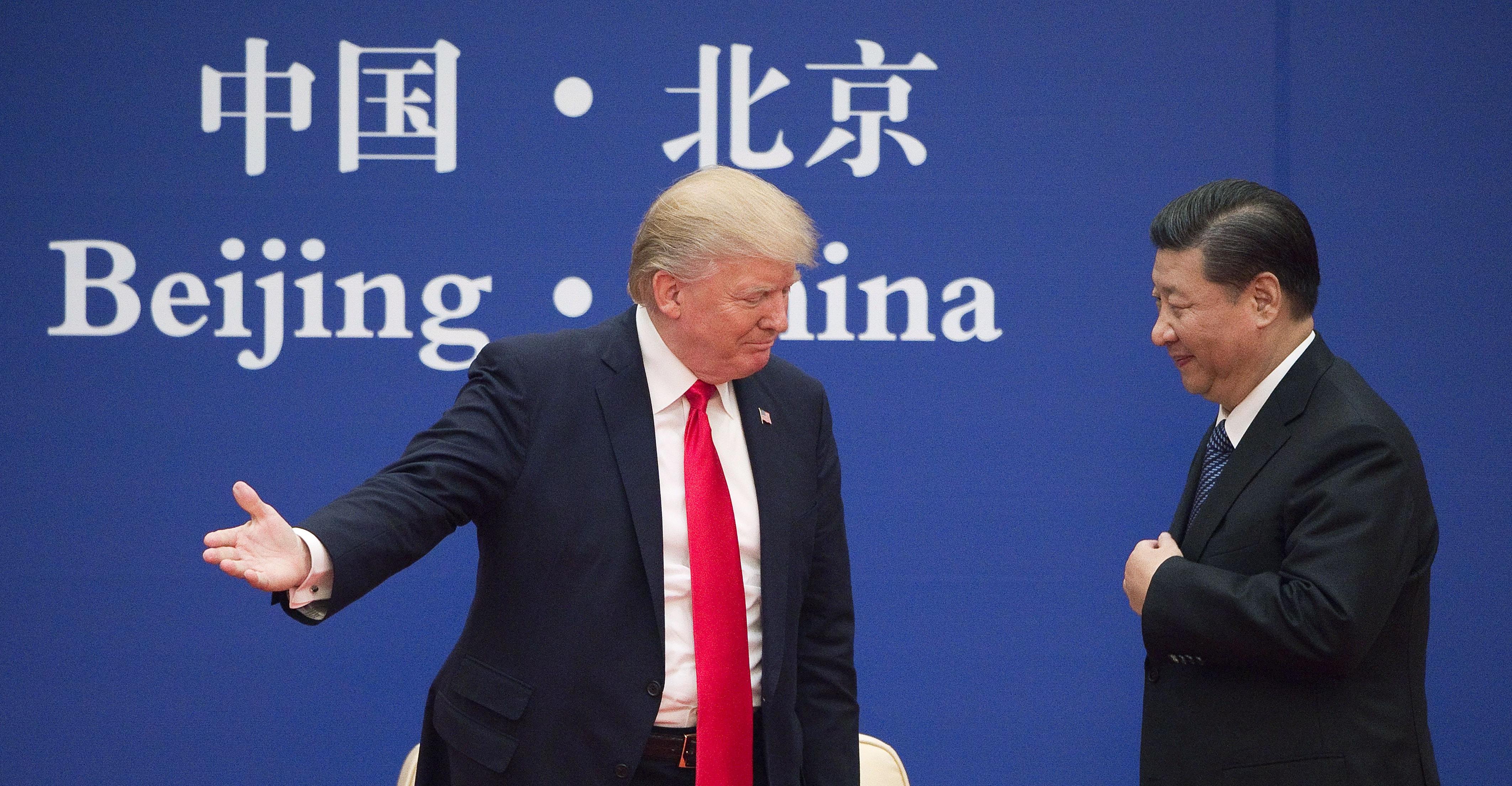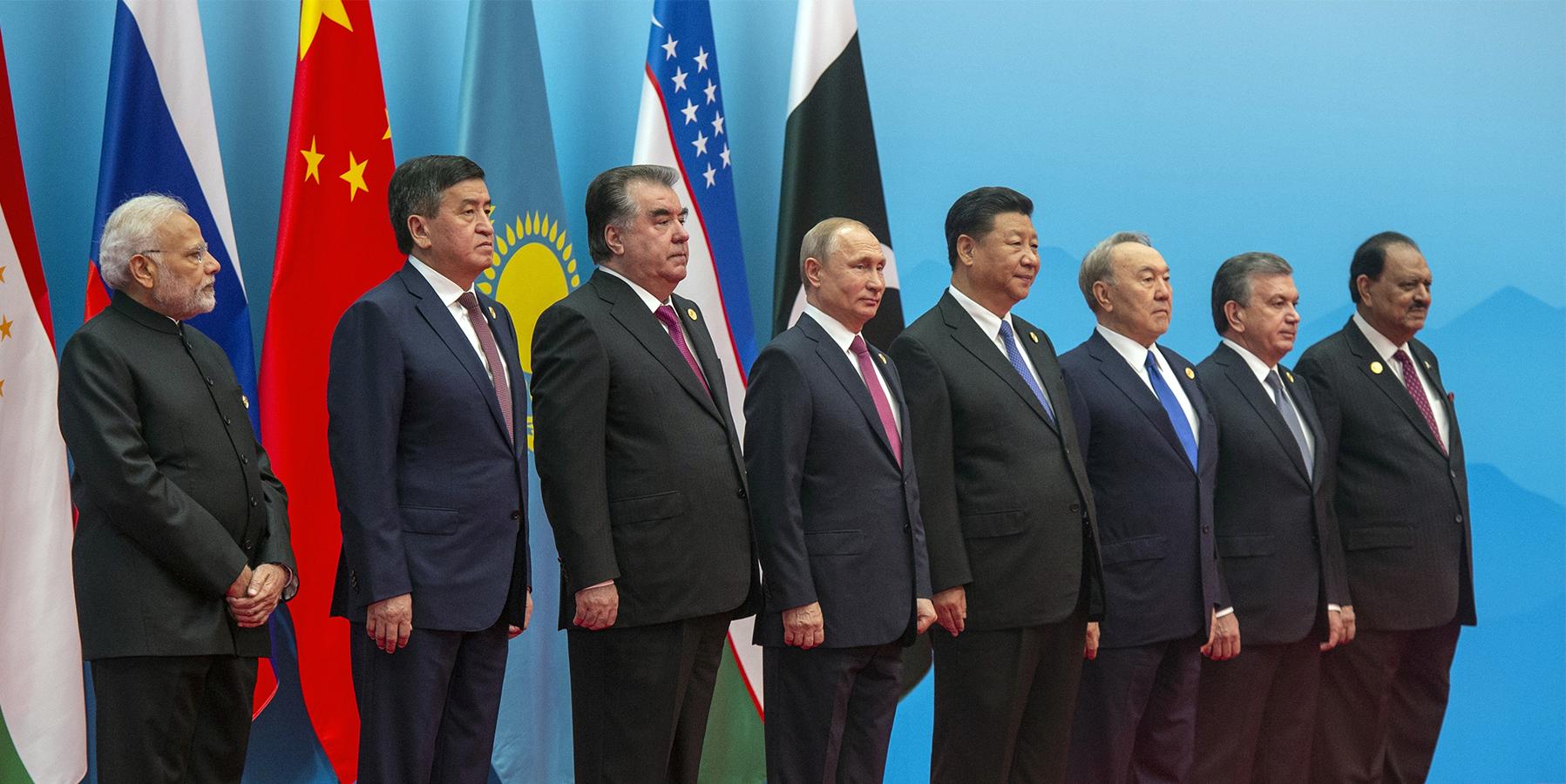The state visit of the President of the Russian Federation, Vladimir Putin, to China and the talks he held with the President of the People’s Republic of China, Xi Jinping, marked an important milestone in the establishment of a new type of relations between the two nations, both of which have acquired an obvious strategic importance.
As per tradition, the Russian and Chinese leaders summed up the results of the development of bilateral relations over the past year and discussed in detail both the achievements already made and the ambitious goals for the future that will further enhance cooperation across all areas.
While the bilateral dimension of Russia–China relations is important in and of itself, special attention ought to be paid to the discussion of more general matters concerning the current global situation and issues of the emerging new world order that took place during the visit.
The traditional centres of global politics are unable to play a leading role in establishing a new world order. The United States is deeply politically polarized, and no one can reliably predict when or how that chasm will be bridged. Accordingly, no long-term, balanced, or consistent foreign policy can be expected to come from Washington any time soon.
The European Union is struggling with a fundamental internal crisis of its own, or more precisely, a whole set of structural, financial, economic, political, and even value crises. Thus, Brussels will most likely continue to focus on resolving its multiple internal issues for a long time to come, rather than on building a new world order.
In these new conditions, the traditional centres of global politics are unable to play a leading role in establishing a new world order.
It can be said that the multilateral mechanisms established over the past two decades with the active participation of Russia and China, such as the SCO, BRICS, and EAEU, might become integral parts or elements of a future international structure. At the same time, the Russia–China conversation should also include such issues as the restoration of global governance, the reform of the United Nations and other international institutions, the renewal of international law, and a new understanding of globalization and interdependence.
The state visit of the President of the Russian Federation, Vladimir Putin, to China and the talks he held with the President of the People’s Republic of China, Xi Jinping, marked an important milestone in the establishment of a new type of relations between the two nations, both of which have acquired an obvious strategic importance. These relations are growing stronger against the background of the continuing degradation of the entire system of international relations, the intensification of geopolitical contradictions, and the narrowing of the space in which constructive cooperation can take place. A new item has been added to the list of security threats facing the world today, a list which traditionally includes confrontations in cyberspace, terrorism, the proliferation of weapons of mass destruction, illegal migration, etc., and that item is the trade wars unleashed by the U.S. administration in all directions. This has landed yet another very dangerous blow to the architecture of the world order, which was rather shaky to begin with.
In such an extremely complex and unpredictable situation, it would seem difficult to make decisions of strategic importance – and not only for Russia and China, but for the global community as a whole. Yet we can see how a new edifice of Russia–China cooperation that meets all the requirements of the 21st century is being built with each passing year thanks to the consistent policy implemented by both leaders.
As per tradition, the Russian and Chinese leaders summed up the results of the development of bilateral relations over the past year and discussed in detail both the achievements already made and the ambitious goals for the future that will further enhance cooperation across all areas.
While the bilateral dimension of Russia–China relations is important in and of itself, special attention ought to be paid to the discussion of more general matters concerning the current global situation and issues of the emerging new world order that took place during the visit. The heightened interest in those topics is understandable. Russia–China relations are not developing in a vacuum, and the dynamics and prospects of these relations moving forward are largely contingent on the global political and economic situation as a whole. This situation may generate both additional opportunities and new limitations for both nations and may reduce or increase external risks; its evolution will inevitably have a serious impact on what Moscow and Beijing focus on and how they set their priorities, including in bilateral relations.
It would not be an exaggeration to say that the previous Yalta-based global political system has been all but destroyed in the two decades since the end of the Cold War. Yet nothing has been devised to replace it. The world is increasingly sliding towards chaos, which now threatens not just individual nations or regions, but the entire international community.
History has taught us that humanity’s transition from one world order to another has been always driven by the accumulation of new production technologies, with wars and revolutions usually acting as a catalyst. Today, a critical mass of new technology for yet another civilizational breakthrough has been accumulated, yet a new cycle of wars and revolutions may prove deadly not only for individual countries, but for humanity. That is why it is extremely important to break this established cycle of world history in order to transition to a new level of civilizational development without another global cataclysm.
In these new conditions, the traditional centres of global politics are unable to play a leading role in establishing a new world order. The United States is deeply politically polarized, and no one can reliably predict when or how that chasm will be bridged. Accordingly, no long-term, balanced, or consistent foreign policy can be expected to come from Washington any time soon.
The European Union is struggling with a fundamental internal crisis of its own, or more precisely, a whole set of structural, financial, economic, political, and even value crises. Thus, Brussels will most likely continue to focus on resolving its multiple internal issues for a long time to come, rather than on building a new world order. Other leading global political players have their own problems that are preventing them from taking charge of designing new rules of the game for the modern world.
In this sense, Russia and China enjoy a substantial advantage over the other global centres of power.
First of all, unlike the divided and politically polarized Western societies, the public in Russia and China are politically consolidated and united in their attitudes towards the most important global problems. The 19th National Congress of the Communist Party of China and the latest presidential elections in Russia have reiterated this sustainable public consensus and the high level of stability.
Secondly, thanks to the specific features of their political development, Russia and China are capable of building policies that strategically plan for years or even decades ahead, something that Western democracies simply cannot do. At the same time, the current global situation requires long-term planning and comprehensive approaches, rather than ad-hoc tactical solutions.
Thirdly, Russia and China have accumulated wide-ranging and multi-faceted experience developing bilateral cooperation. This cooperation is unique in many of its dimensions and may be, in phases, building what may be labelled “A New Type of Great Power Relations.” There is no doubt that this experience will prove useful in a wider multilateral format too.
Over the past two decades, Russia and China have been promoting the idea of a “multi-polar world” as the most sustainable, dependable, and fair structure for international relations. However, much joint work still needs to be done to shape a holistic concept for building such a “multi-polar world.” This needs to be done fast, as time is running out for a structured rebuilding of international relations to take place.
It can be said that the multilateral mechanisms established over the past two decades with the active participation of Russia and China, such as the SCO, BRICS, and EAEU, might become integral parts or elements of a future international structure. At the same time, the Russia–China conversation should also include such issues as the restoration of global governance, the reform of the United Nations and other international institutions, the renewal of international law, and a new understanding of globalization and interdependence.
This conversation is not going to be short or easy, even between such close partners as Russia and China. Let us not forget that, while Russia and China obviously share close stances on key global policy issues, they still have different historical experiences and different positions in the system of international relations, and their current priorities are not entirely aligned. Yet such an open conversation is especially needed today, as the world is approaching a point of bifurcation: either the restoration of global governance at a new level, or an acceleration towards anarchy and chaos.
The joint statement signed following the talks between President of the Russian Federation Vladimir Putin and President of the People’s Republic of China Xi Jinping said that both countries would “promote international relations of a new type based on the principles of mutual respect, fairness, mutually beneficial cooperation, and the building of a community of a single fate for humanity, as well as facilitate the establishment of a more just and rational multipolar world order on the basis of equal participation of all nations in global governance, adherence to international law, equal and indivisible security, mutual respect, consideration of each other’s interests, and a refusal of confrontation and conflicts.”
Obviously, not everything in the world depends on Russia and China. If the situation develops according to the worst-case scenario and our Western partners are not willing or able to change their obsolete approaches to global politics, Moscow and Beijing will inevitably have to think about further strengthening bilateral cooperation up to a point where their relations become those of allies.
The negotiations with President Xi Jinping that took place during President Vladimir Putin’s state visit to China have demonstrated in a convincing manner that the Russia–China partnership is not only an example of modern international relations, but it also plays an increasingly substantial role in maintaining strategic balance and stability in the world.







